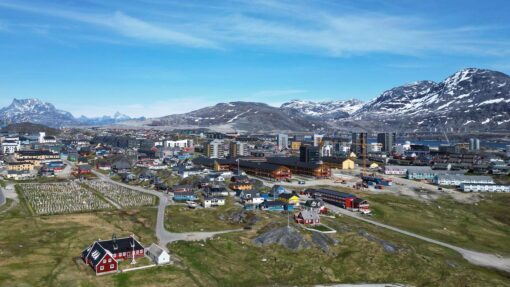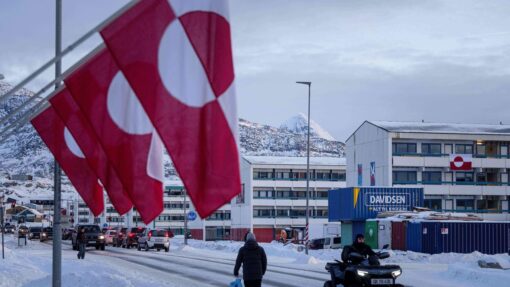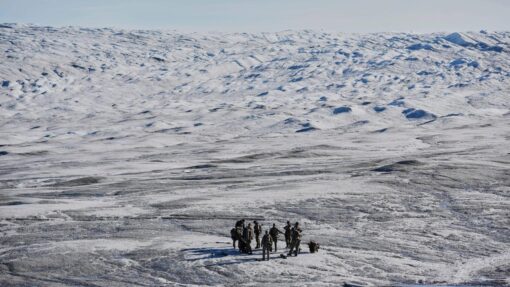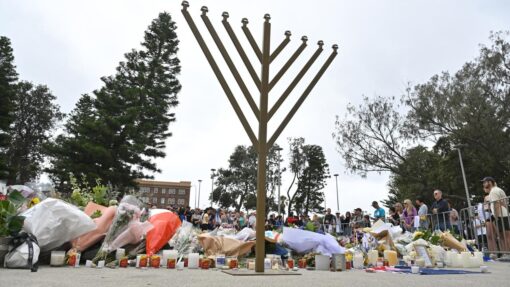Australian surveillance aircraft to help Ukraine: PM
Andrew Brown and Tess Ikonomou |
Australia will deploy a surveillance aircraft for logistical support to Ukraine, but it will not enter the war-torn country’s airspace.
Prime Minister Anthony Albanese is set to meet the leaders of New Zealand, Japan and South Korea in Lithuania in a special session with NATO leaders to discuss global security.
Ahead of the meeting, he announced a Royal Australian Air Force E-7A Wedgetail aircraft would be deployed to Europe to help protect multinational logistics hubs.
Mr Albanese said the aircraft would be used to ensure the uninterrupted flow of military and humanitarian aid into Ukraine.
The aircraft will be deployed for six months and based in Germany and will operate within European airspace while avoiding the territory of Ukraine, Russia and Belarus.
Mr Albanese said the deployment would include up to 100 crew and support personnel from Australia.
“This demonstrates Australia’s commitment to upholding the rules-based international order,” he said.
The aircraft will be sent as part of Operation Kudu, the Australian Defence Force’s commitment to the training of Ukrainian recruits in the United Kingdom.
Earlier, Mr Albanese announced Australia would sell locally made armoured vehicles to Germany under a defence export deal worth $1 billion to the economy.
More than 100 Brisbane-made Boxer heavy weapon carriers will be sold to Germany, one of the largest defence export deals in Australia’s history.
The agreement came as the prime minister met with German Chancellor Olaf Scholz in Berlin ahead of the NATO summit.
Both leaders declined to comment on the United States’ decision to provide Ukraine with cluster munitions, a type of weapon banned by more than 100 countries including Germany and Australia as part of an international convention.
Mr Scholz called it “a sovereign decision by the United States of America… we can say that we would not make such deliveries because we have made this commitment, and I won’t comment any further on this American decision”.
Mr Albanese said Australia was also a signatory to the international convention.
“We don’t have such weapons and we don’t intend to change that position, and I agree with the chancellor about his comments referring to what other nations may do,” he said.
The prime minister reaffirmed Australia’s backing for the Ukrainian government and people on Monday.
“This is about the people of Ukraine, struggling to defend their democracy and their sovereignty,” he said.
Mr Albanese’s three-day visit to Europe will include a meeting with New Zealand Prime Minister Chris Hipkins, as well as the leaders of Japan and South Korea.
Ukraine’s ambassador to Australia, Vasyl Myroshnychenko, thanked Mr Albanese and said Ukraine was grateful for the military and humanitarian aid.
Defence Minister Richard Marles said Australia was “punching above its weight” in its support of Ukraine and the assistance would continue.
“We’ve been making announcements at a drumbeat of once every four months, but will keep doing this to provide the support necessary to see that Ukraine does prevail,” he told Seven’s Sunrise program on Tuesday.
AAP


